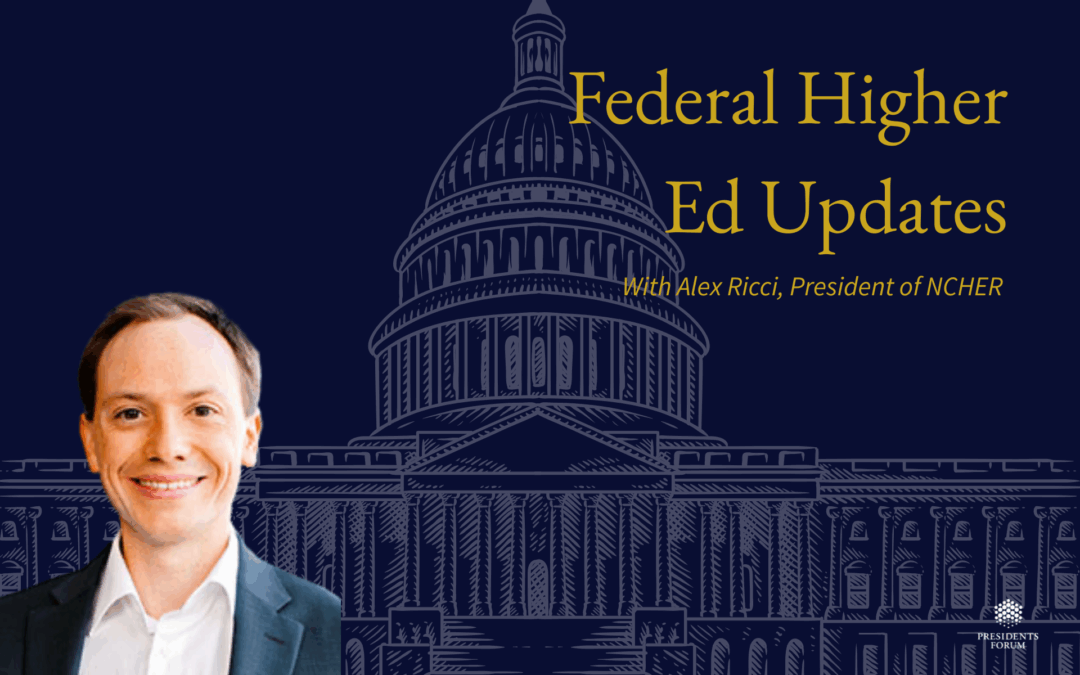
Federal Higher Education Update
Federal Higher Education Update
Why it matters:
The Department of Education is launching a new negotiated rulemaking process focused on student loan programs.
The big picture:
Two main issues are being addressed:
- Public Service Loan Forgiveness (PSLF) – reviewing qualifying employers and excluding those engaged in illegal activity
- Income-driven repayment plans – addressing administrative bureaucracy and redefining family size calculations
Key timeline:
- May 12: Federal Register publication opened nominations
- June 2: Nomination deadline for nine constituency seats
- June 30 – July 2: Committee negotiations begin
Budget reconciliation status:
- House: Targeting $330 billion in savings
- Senate: Aiming for $1 billion in savings
- Goal: Complete before August recess






Recent Comments